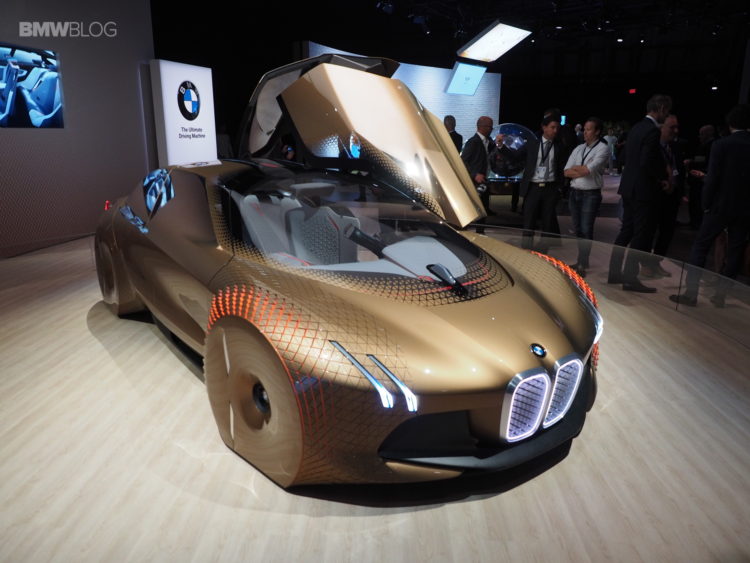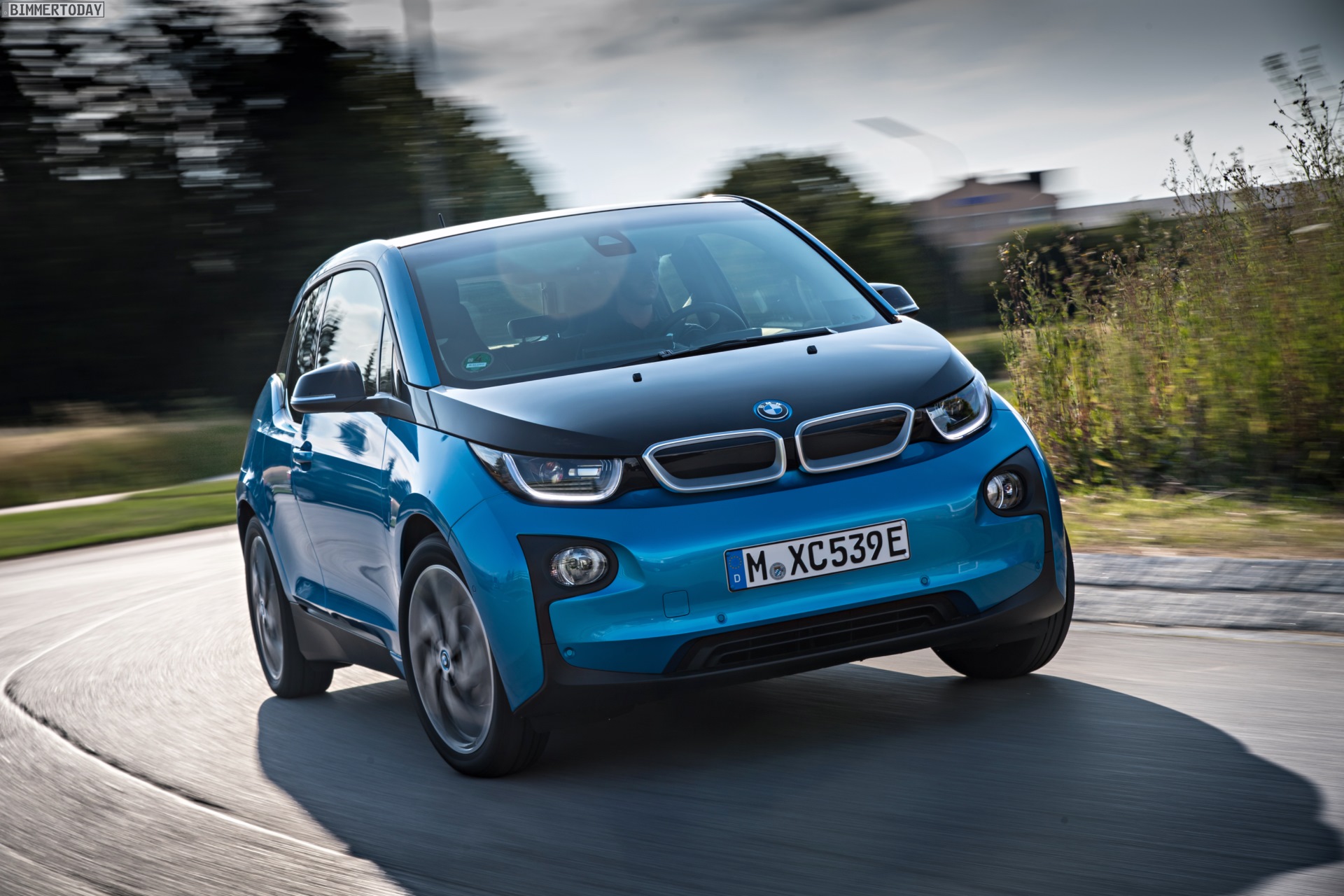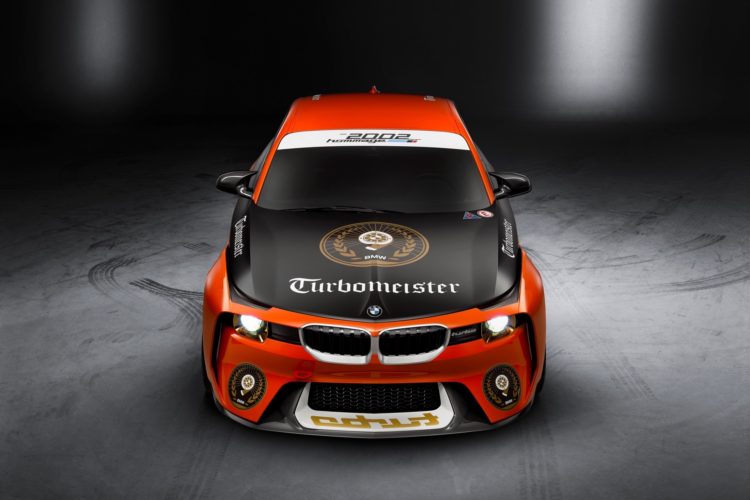We all know that Johnny Polar Bear’s house is getting smaller and smaller and something needs to be done. Most people point to the auto industry as the one that needs to change and it is one of the many industries that needs a shake-up if we want to have a safe planet for our future. However, it’s been tough sledding for automakers to have to make the switch over to electric power, as the technology simply isn’t there and neither are the profits.
For automakers, extensive research and development needs to be done to develop electric cars and that R&D is expensive. Very expensive. That wouldn’t be much of a problem if not for the fact that electric cars simply don’t sell enough to become profitable. Yet automakers are just going to have to stick with it, despite their losing money, as it’s something that needs to be done. As Stefan Juraschek, vice president of electric-powertrain development for BMW, quite cryptically puts it “We simply have to walk through the valley of tears”.

Electric cars have come a long way since their first arrival, with cars like the Tesla Model S boasting ranges of almost 300 miles and the Chevy Bolt offering an affordable 200 mile-plus electric hatchback. The problem with electric cars, though, is two-fold — Technology and demand. Battery technology simply isn’t advanced enough to make electric cars mainstream and, likely because of that, people simply don’t want them.
According to Mark Fields, Ford Motor Co. CEO, the development of battery tech and EVs isn’t paying off. “In 2008, there were 12 electrified vehicles offered in the U.S. market and it represented 2.3 percent of the industry,” Fields told Bloomberg, “Fast forward to 2016, there’s 55 models, and year to date it’s 2.8 percent.”
So there isn’t enough demand for electric cars, despite automakers best attempts to develop and market them. A lot of it still has to do with range anxiety and the lack of charging infrastructure. It’s for this very reason that BMW sort of muted its efforts in pure electric technology as of later.

Much to the chagrin of many EV fans, the Bavarian brand has shifted focus somewhat onto its iNext 2021 project, which focuses more on autonomous driving than electric powertrains. It then wants to, instead of develop pure EVs, add plug-in hybrid powertrains to its mainstream models, such as the 3 Series, 7 Series and upcoming X3. While this draws ire from fans of EVs, the idea is that the tech and profits aren’t there yet for EVs and BMW is sort of going to wait it out until the technology improves, which will in turn create more demand. The higher the demand, the lower the prices of the vehicles can be and the more profits can be made. “We’ve learned that people aren’t prepared to pay a higher price for an electric vehicle,” said Friedrich Eichiner, BMW CFO, last week. “I don’t see some kind of disruptive element coming from electric cars that would prompt sales to go up quickly in the next five to six years.”
So while we’d all like for automakers to quickly fix Johnny Polar Bear’s house right this minute, it seems as if they’re going to have to walk through the “Valley of Tears” first.
[Source: Bloomberg]





































































